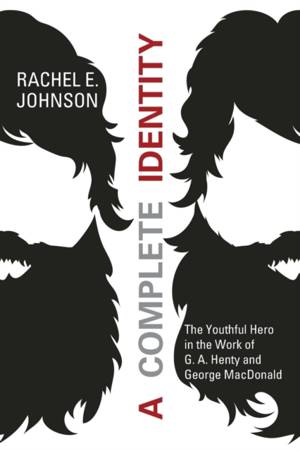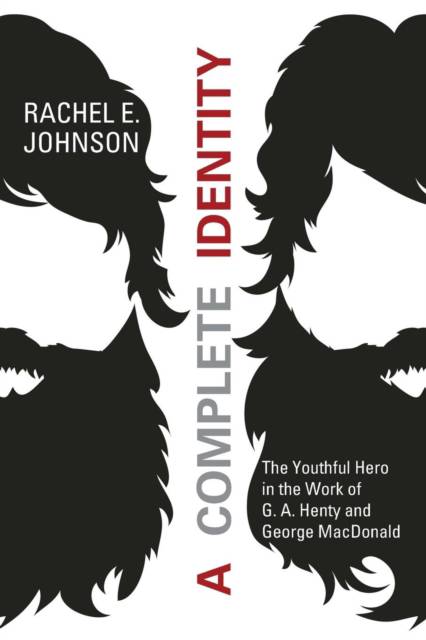
- Afhalen na 1 uur in een winkel met voorraad
- Gratis thuislevering in België vanaf € 30
- Ruim aanbod met 7 miljoen producten
- Afhalen na 1 uur in een winkel met voorraad
- Gratis thuislevering in België vanaf € 30
- Ruim aanbod met 7 miljoen producten
Zoeken
A Complete Identity
The Youthful Hero in the Work of G. A. Henty and George MacDonald
Rachel E Johnson
Paperback | Engels
€ 46,45
+ 92 punten
Uitvoering
Omschrijving
This book offers an examination of the hero figure in the work of G. A. Henty (1832-1902) and George MacDonald (1824-1905) and a reassessment of oppositional critiques of their writing. It demonstrates the complementary characteristics of the hero figure which construct a complete identity commensurate with the Victorian ideal hero. The relationship between the expansion of the British Empire and youthful heroism is established through investigation of the Victorian political, social, and religious milieu, the construct of the child, and the construct of the hero. A connection between the exotic geographical space of empire and the unknown psychological space is drawn through examination of representation of the "other" in the work of Henty and MacDonald. This book demonstrates that Henty's work is more complex than the stereotypically linear, masculine, imperialistic critique of his stories as historical realism allows, and that MacDonald's work displays more evidence of historical embedding and ideological interpellation than the critical focus on his work as fantasy and fairy tale considers. Greater understanding of the effect of this heroic ideal on nineteenth-century society leads to a greater understanding of the implications for subsequent children's literature and Western cultures, including that of the twenty-first century.
Specificaties
Betrokkenen
- Auteur(s):
- Uitgeverij:
Inhoud
- Aantal bladzijden:
- 256
- Taal:
- Engels
Eigenschappen
- Productcode (EAN):
- 9781625642387
- Verschijningsdatum:
- 28/05/2014
- Uitvoering:
- Paperback
- Formaat:
- Trade paperback (VS)
- Afmetingen:
- 152 mm x 229 mm
- Gewicht:
- 349 g

Alleen bij Standaard Boekhandel
+ 92 punten op je klantenkaart van Standaard Boekhandel
Beoordelingen
We publiceren alleen reviews die voldoen aan de voorwaarden voor reviews. Bekijk onze voorwaarden voor reviews.








